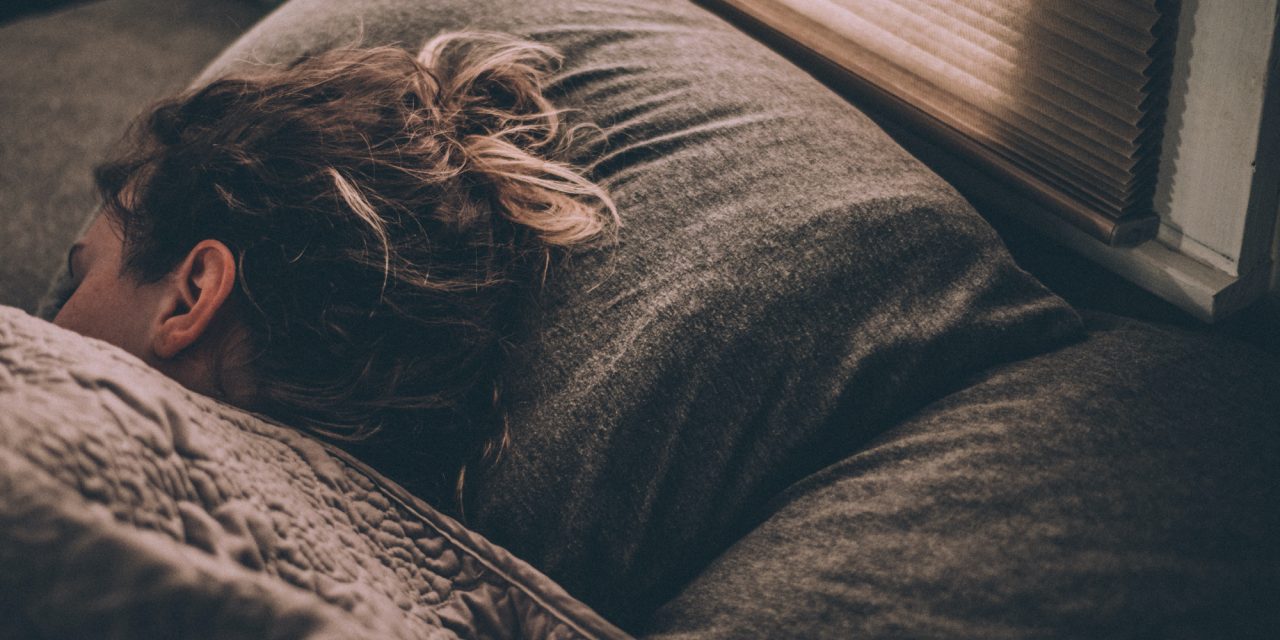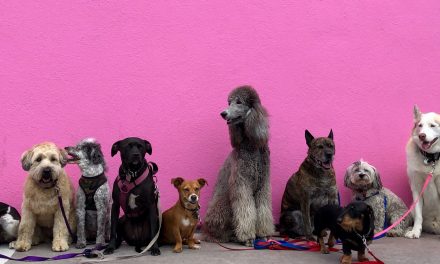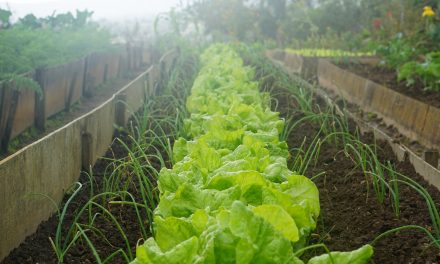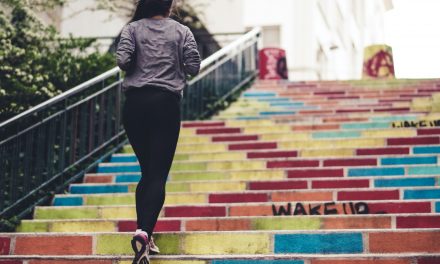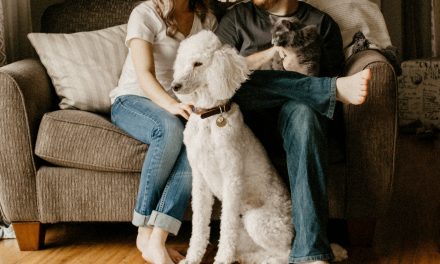Most of us have had a sleepless night every now and then. Some of us have difficulties sleeping more often – according to the NHS a third of British people have episodes of insomnia at some point.
There are lots of things you can do to try and get a better night’s sleep. For instance, make sure your bedroom is dark and your bed comfortable, and try to establish a good sleep routine where you go to bed and get up at the same time every day. Experts also say you shouldn’t eat a big meal late at night. Now some are saying you should try to avoid refined carbs if you want a solid eight hours too.
Published in the American Journal of Clinical Nutrition, the study took information on more than 50,000 women who had taken part in the Women’s Health Initiative Observational Study in the US.
Basically they wanted to find out whether those who had high glycaemic index (GI) diets – that is, diets rich in foods that release sugars into the bloodstream particularly quickly – were more likely to develop insomnia. Their theory was that eating high GI foods may lead to the release of sleep-disrupting hormones such as adrenalin and cortisol. And they were proved right.
After analysing all the data, the researchers found that the women with the highest GI diets had the greatest risk of developing insomnia. Meanwhile others who ate low GI foods such as vegetables and whole fruits were less likely to have sleepless nights.
But wait, doesn’t fruit contain a lot of sugar? Right, but according to the researchers the fibre in whole fruits slows down the rate at which they are absorbed into the bloodstream. And that, they say, suggests the foods that could be keeping women awake at night are highly processed foods that contain lots of added sugar.
The study focused on postmenopausal women, but the researchers believe the results are likely to translate to the wider population. So whoever you are, if you’re not sleeping well, maybe cutting down on sugar and processed foods could be another way you could help yourself.
Could you be sleeping better? Check your sleep score at Sleepio.com.
Photo by Gregory Pappas on Unsplash

